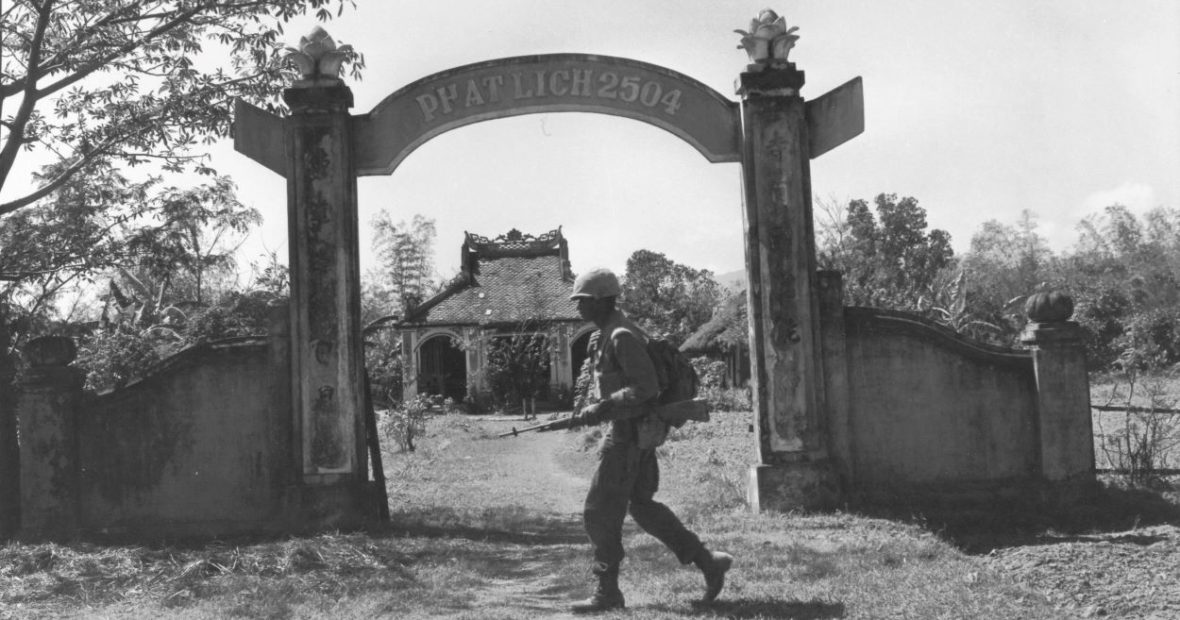This article by Alex Wakefield explores the Buddhist quality of khanti/kṣānti, meaning patience, forbearance or tolerance. Understood as the opposite of anger and hatred, khanti also encompasses ideas of non-retaliation and forgiveness, and Wakefield argues that it may support international humanitarian law (IHL) to help prevent unlawful reprisals and other excesses motivated by revenge during war.
Drawing on Buddhist texts which apply the analysis of non-self (anattā) to anger as a basis for khanti, the article shows that khanti is particularly appropriate for dealing with conflict, since it addresses the immediate psychological responses of victims of violence in order to relieve suffering and prevent further escalation. Wakefield also suggests that the brahmavihārās, and loving-kindness (mettā) in particular, can also help to develop khanti, and that mettā practice might be utilized alongside military training and the work of the ICRC to enhance IHL compliance.
Alex Wakefield is a writer and researcher. He holds a master’s degree in Buddhist studies from SOAS, University of London, with research focusing on Buddhist and ancient Indian cosmology. He has worked as a visiting lecturer at the University of Greenwich, and currently develops educational programs for Buddhist centers in the UK.
Please read the article here.

